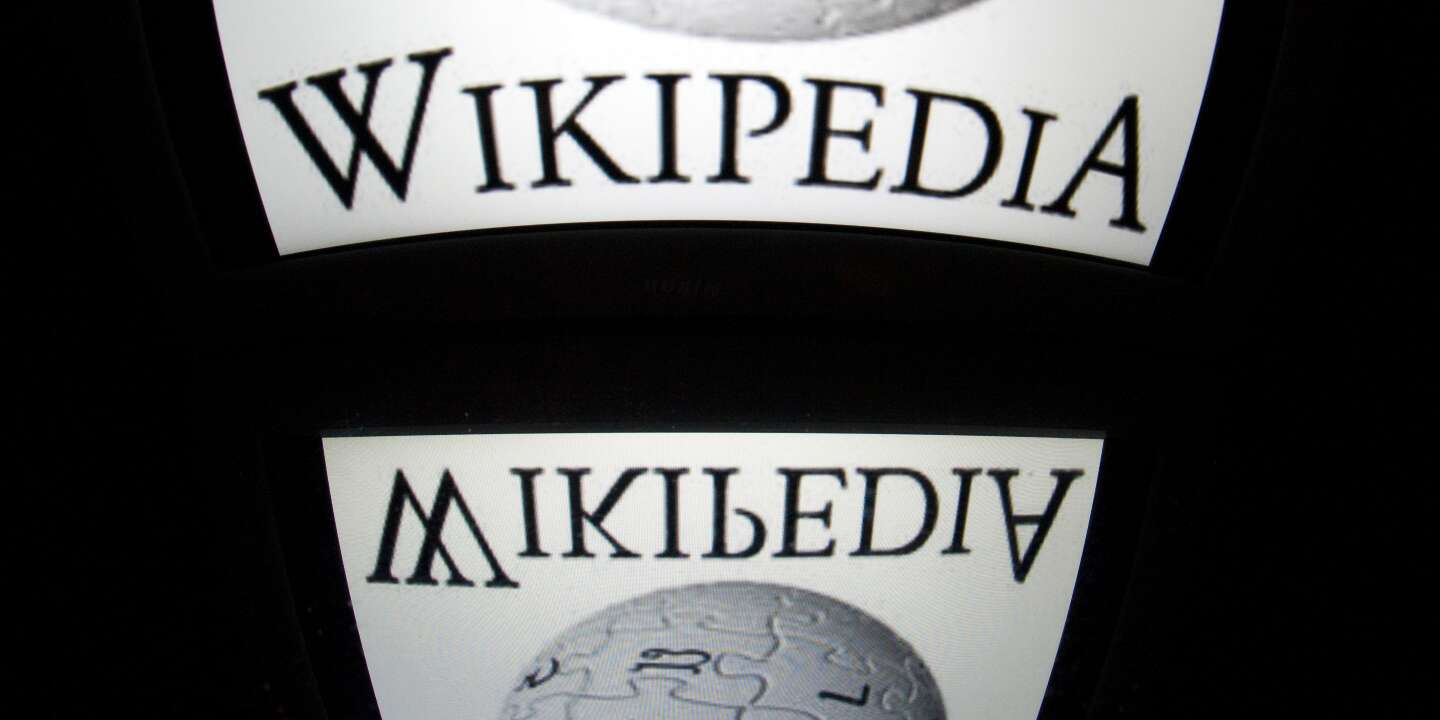Little stingy in nicknames, the American press had nicknamed him “The killer Robocop”. Inspired by Paul Verhoeven’s film featuring the police cyborg, Nathaniel White murdered six women between 1991 and 1992 in New York State before being sentenced in 1993 to life imprisonment. Like other serial killers who marked the spirits, Nathaniel White very quickly had his Wikipedia page recounting his crimes with, at the top right, a photograph of him as an illustration. Except that the man in the photo is not Nathaniel White. Or rather, not the right Nathaniel White.
Now removed from the article, the photo was actually of a namesake from Florida who has never been convicted of murder. As Andreas Kolbe, former editor-in-chief of the Signpost (an English journal for the Wikipedia community), it took more than two years – from May 2018 to September 2020 – for the error to be corrected on the online encyclopedia. At the same time, the wrong photo of Nathaniel White was used in a Discovery Channel report on the serial killer. It is also a site owned by Discovery Channel, crimefeed.com (which now redirects to investigationdiscovery.com), which was used as the source for the photo of Nathaniel White. The latter also continues to appear in search engine results pages and to be taken by mistake elsewhere, as in a 2020 YouTube video dedicated to the killer’s journey.
This mistake made Nathaniel White’s life singularly complicated. In the complaint he filed in January against Wikipedia, we can read that he had to fight to convince his friends and family that he had absolutely nothing to do with the serial killer. Faced with threats from strangers, Nathaniel White also claims to have been forced to “To dress incognito” to go out in public. The document does not specify, however, whether he tried to modify the page himself and remove the image, as is however possible with a few clicks on the collaborative encyclopedia.
The hosts are not responsible
The complaint ultimately resulted in a dismissal on September 15, as welcomed in a blog post by Jacob Rogers, legal director of the Wikimedia foundation, on which Wikipedia depends:
“Because of its open nature, sometimes inaccurate information is posted on Wikipedia and its related projects, but the many members of our volunteer community are very good at identifying and removing these inaccuracies as they occur. As shown in this complaint, filed months after Wikipedia editors proactively corrected the error, in September 2020. “
To render its decision, the court relied on section 230 of the Communications Decency Act of 1996, which provides that hosts such as Facebook, Twitter, Wikipedia or any other forum and blogging platform, are not responsible for this. which is published by individuals through their tools.
This outcome is anything but a victory, according to Andreas Kolbe. Moderation on Wikipedia, because it relies in particular on its community more than on algorithms, is certainly renowned for its efficiency and nuance. But he wonders: can having taken two years to correct an error be considered as proof of“Efficiency” ?
Community moderation caught out
Above all, as Andreas Kolbe underlines, it was not until the Tallahassee Democrat, a local newspaper, echoed Nathaniel White’s libel complaint against Discovery Channel, and mentioned that his photo also appeared on Wikipedia, for the online encyclopedia to respond. Not to mention that it was not the most seasoned moderators of the platform who took the initiative to remove the offending photo, but an unknown Internet user, whose only action listed on Wikipedia was to repair this error. “Put end to end, all these elements contradict the way [Jacob] Roger to characterize how Wikipedia handles files like this ”, says Andreas Kolbe.
Nathaniel White’s mishap also raises questions about how the sources of the images used on the platform are cited, argues the author: “Wikipedia’s recommendations, policies and community practices for sourcing images, especially those that imply responsibility for certain crimes, could certainly be strengthened to ensure that they represent the right individual. “
As platform officials celebrate a judicial victory rather than admit their mistake, Andreas Kolbe urges not to give in to fatalism: if it seems complicated, if not impossible, to prevent such stories from repeating themselves, nothing justifies that the course of an Internet user to assert his rights is such a way of the cross.





